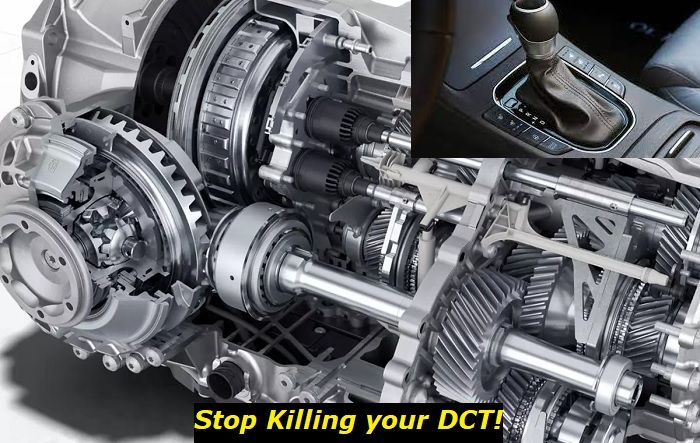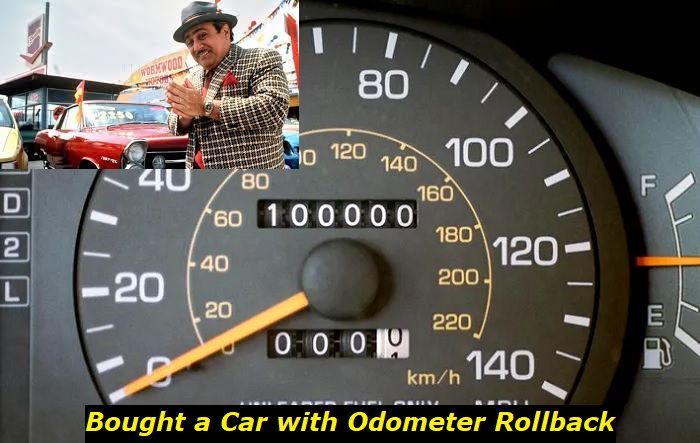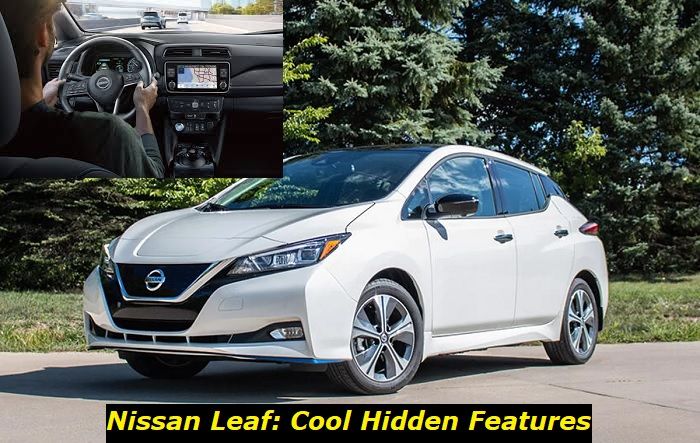Your Kia Soul may sound like diesel when idling because of issues with the oil, timing chain, fuel supply, or due to electrical problems. Unfortunately, it's quite hard to diagnose the actual problem. Also, the engine may need valve adjustment as it doesn't have hydraulic lifters even in the freshest versions.
Engine noises highlights
- Level of importance:High
- Commonreasons:All kinds of various problems, hard to list promptly
- DIY inspection:Possible but may be complicated
- DIY repair:Impossible, in most cases
- Price for repair:$150 - $1,000
- Can you drive?Usually, yes
- Ways to fix:Locate the source for the sound and repair the system that needs help

Can diesel sound from your Kia Soul be OK?
First of all, we need to make sure that we are on the same page. In the article, I will describe the situation when your Kia Soul (or whatever other Kia model you have with the 1.6 GDI, T-GDI, or MPI engine) starts sounding like diesel when it's idling. The idling speed is from 600 to 1200 RPM depending on circumstances. When the engine is warm, the idling speed should be about 700-800 RPM.
If you are sitting in the car, you may not even hear this low-pitched rattling but you may feel some excessive vibration. A lot of drivers just keep driving their Kia cars until this problem gets too annoying.
Here's how you can spot the sound:
- warm up the car by driving it for some time, make sure that the temperature gauge is showing the working temperature;
- then stop the car safely on the side of the road and keep the engine idling, it will help if the place where you stop is quiet;
- make sure the car is in P and the parking brake is engaged;
- open the hood and get out of the vehicle;
- lift the hood and listen to the engine - do you hear that low-pitched sound or rattling that resembles diesel sound?
Surprisingly, you will hear this in almost any 1.6L Kia engine. This is just the sound it can work with. But sometimes, this rattling becomes abnormally loud and this is the clear sign that the vehicle needs some help.
So, the dieseling sound may be OK for the Kia Soul with the 1.6L engine of whatever type. Especially, when the engine is warm and the oil is pretty thin. This is just how the engine's head works. In the GDI engines, the high-pressure fuel pump and the specific type of injectors may also add to the dieseling sound. But it will not be loud if nothing bad is happening with the engine.
What are the common reasons for the Kia Soul to sound like diesel?
Well, there is no single reason and one method that can solve the problem in all Kia cars. These 1.6L engines are pretty simple in their design but yet they are very demanding in terms of the quality of service and maintenance. If you don't maintain the engine according to the maintenance schedule, you will most likely get a lot of problems. And the dieseling sound will be one of the easiest issues.
Here are some things that can lead to this problem:
1. Incorrect type of oil or contaminated lubricant
In the driver's manual, you have several types of oil that are allowed. You shouldn't try anything outside this list. Also, you should adjust the type of oil to the climate. For example, in very cold climates, it's recommended to use the thinnest available oil from the list, usually, it's 5w20 or 0w20 depending on the year and model of the engine.
A lot of mechanics recommend the 5w30 oil for these engines as the all-purpose alternative. This makes sense since such oil is good for almost all types of weather and conditions.
Changing the oil on time is extremely important. Too thin, too viscose, or too contaminated oil may cause problems. The valves may start ticking and create the effect of a diesel-like sound.
2. Timing chain
All 1.6L Gamma engines have the timing chain. This chain drives the camshafts and the crankshaft ensuring that they rotate with the proper timing. There is a tensioner that allows the chain to stretch a little. But the possibilities of the tensioner are limited. At about 100,000 miles, you may start feeling rattling and some dieseling sound. This may be the chain.
If the chain is loose and stretched, it will eventually jump. It means your engine will be under the risk of damaged valves and pistons. Repairing the Gamma engine after the chain jumps is very often impossible or too expensive. So, it's important to change the chain kit when needed without waiting for it to start rattling.
3. Valves need adjustment
If this diesel sound started bothering you at about 100-120 thousand miles, it's now time to think about valve adjustment. None of the 1.6L Kia engines has the hydraulic lifters to adjust the valves automatically. So, you will need to pay for this every 60,000 miles or something.
This is the procedure that is often forgotten and dealers sometimes don't remind about that. Usually, the first scheduled valve adjustment is carried out when the warranty period is over, so dealers just don't care about it.
But you should care. Badly adjusted valves can damage the head, get bent, work inefficiently, and cause other engine problems. Adjusting the valves is important, especially if you feel that the engine doesn't work the way it should.
4. Fuel supply problems
This reason mostly covers the GDI engine - the direct injection ones. They have two fuel pumps - one sits in the tank and the other is near the engine. The high-pressure fuel pump may make some noises before it asks for repair. The GDI injectors are also prone to different sounds including the low-pitched rattling sound.
Checking the fuel system and ensuring that it's not the culprit of your dieseling sound is quite complicated. You will most likely need professional help with this.
5. Engine mount problems
One weird but really common problem that can lead to diesel sounds and excessive vibrations in your Kia Soul is the problem with the engine mount. One of the mounts may go bad and it will stop holding the engine in the correct position. Also, the mount itself may start giving noises resembling rattling.
You may shake the engine with your hands and see if there is a metal noise in the process. If it clunks, you may be sure that one of the mounts is broken. Of course, to replace a mount, you will need professional help.
6. Old engine that is about to die
This is common for almost all gas engines. When they are old and the engine block is worn out, the engine may rattle and emit diesel-like sounds. When it does so, it may mean that the piston is rattling. Usually, this happens when you only start the engine and till it warms up. After that, the sound becomes unnoticeable or negligible.
If this happens to your Kia Soul engine, it most likely has over 150,000 miles on it. This is actually the average lifespan of these engines, so you will need to think about overhauling, replacing the engine soon, or maybe just changing your car.
What can you do on your own?
Unfortunately, there is not much you can do without a professional mechanic. But there are several things you can think about before you visit the shop or the dealership.
Here they are:
- When was the last time you changed the oil in your engine? Maybe, it's just time for the good regular maintenance?
- Does the engine shake under the hood? Shake it with your hands when it's cold and see if it clunks. Maybe, this is about one of the mounts.
- Do you lose power or feel any other issues? This may be a sign that the fuel supply is in charge of the problem.
- Are there check engine light and warnings on the dash? This may tell you about misfiring engine and some other problems to inspect.
Also, you may want to register all the symptoms, even the tiny ones. Don't rely completely on your memory. Just write down everything that happens with your car. You will be surprised at how helpful it is when you report the problem to your mechanic. Also, it may seriously reduce the time for inspection and allow you to spend less money, in the end.
Can you keep driving in this condition?
If your engine rattles and seems to work like a diesel engine, you shouldn't ignore the problem. Although in most cases it won't lead to any immediate serious consequences, it may be the sign of some fatal problem with your engine that is now in progress. You may catch it and deal with it on time before your engine completely dies.
I strongly recommend going to the repair shop or dealership once you have this issue. They will help you find the reason and solve the problem. Maybe, this will eventually save your engine from fatal failure.
About the authors
The CarAraC research team is composed of seasoned auto mechanics and automotive industry professionals, including individuals with advanced degrees and certifications in their field. Our team members boast prestigious credentials, reflecting their extensive knowledge and skills. These qualifications include: IMI: Institute of the Motor Industry, ASE-Certified Master Automobile Technicians; Coventry University, Graduate of MA in Automotive Journalism; Politecnico di Torino, Italy, MS Automotive Engineering; Ss. Cyril and Methodius University in Skopje, Mechanical University in Skopje; TOC Automotive College; DHA Suffa University, Department of Mechanical Engineering






Add comment